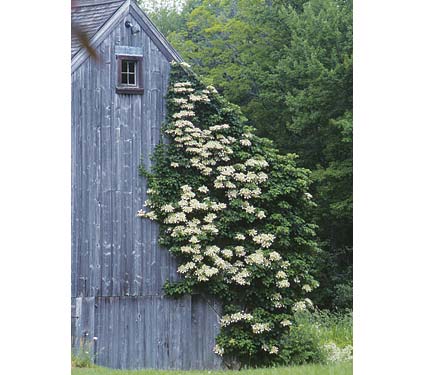Garden Alphabet: Polygonatum (Solomon’s Seal)
A lovely specimen from my sisters garden. Plants like this show how you don’t need showy flowers to make for a very beautiful plant. I am using variegated plants like this in my own shade garden to help bring in some visual interest.
Polygonatum
Polygonatum /ˌpɒlɨˈɡɒnətəm/,[1] King Solomon‘s-seal or Solomon’s Seal, is a genus of about 50 species of flowering plants. In the APG III classification system, it is placed in the family Asparagaceae, subfamily Nolinoideae (formerly the family Ruscaceae).[2] It has also been classified in the former family Convallariaceae and, like many lilioid monocots, was formerly classified in the lily family Liliaceae.
Care should be taken not to confuse Polygonatum with Polygonum – an entirely different genus of plants.
The genus name Polygonatum comes from the ancient Greek for “many knees”, referring to the multiple jointed rhizome.[3] One explanation for the derivation of the common name “Solomon’s seal” is that the roots bear depressions which resemble royal seals. Another is that the cut roots resemble Hebrew characters.[4]“ — Wikipedia.org
Previously in Garden Alphabet:
- Acanthus
- Amaryllis
- Banana
- Bonsai
- Bougainvillea
- Brugmansia
- California Poppy (Eschscholzia californica)
- Calla Lily (Zantedeschia aethiopica)
- Castor Bean (Ricinus)
- Caltapa
- Datura
- Japanese Cherry (Prunus serrulata)
- Daffodil (Narcissus)
- Dietes (Fortnight Lily)
- Dudleya
- Ecualyptus
- Freesia
- Iris
- Kniphofia “Red Hot Poker”
- Lantana
- Magnolia x soulangeana (Saucer Magnolia/Tulip Tree)
- Morning Glory (Convolvulaceae)
- Nandina
- Orange
- Orchid from the Southern California Spring Garden Show 2013
- Oriental Poppy (Papaver orientale)
- Paperwhites
- Rudbeckia
- Salvia
- Squirrel
- Succulents
- Sweet Potato (Ipomoea batatas)
- Water Lily (Nymphaeaceae)



